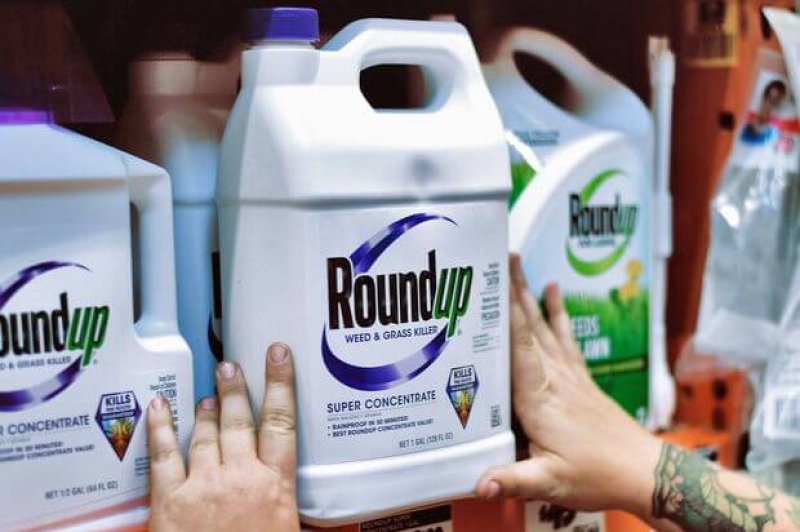Glyphosate has long been considered as an herbicide with no unacceptable health risk. In 2015, its classification as “probably carcinogenic” by the International Agency for Research on Cancer (IARC) changed the situation, and in 2017 the European Union renewed its authorization for only five years with France even wanting to “get out of glyphosate” in three years time. However, other official risk assessment agencies have contradicted the IARC’s opinion and, as our study attempts to show, this discrepancy is not scientifically explainable.
On the other hand, the IARC has a clear lack of ideological neutrality and some IARC experts have financial ties with lawyers exploiting the tort law in the United States based on the IARC’s opinion on glyphosate.
…
The lawsuits against Bayer in the United States confirm the perversity of a system where profiteers of tortious liability in common law instigate lawsuits by recruiting patients by advertising, taking 30 to 40% of the indemnities allocated by justice. A $11 billion deal was offered to end the glyphosate litigation.
The IARC’s opinion played a large role in triggering legal procedures, despite the fact that it was contradicted by the other agencies…. However, as shown by the bans and restrictions on the use of glyphosate around the world, it is as if a single alarmist opinion prevails …. politically and judicially over a series of reassuring opinions. The conditions under which the IARC establishes its classification and chooses its experts, their possible financial or ideological interest would warrant a thorough public inquiry.































